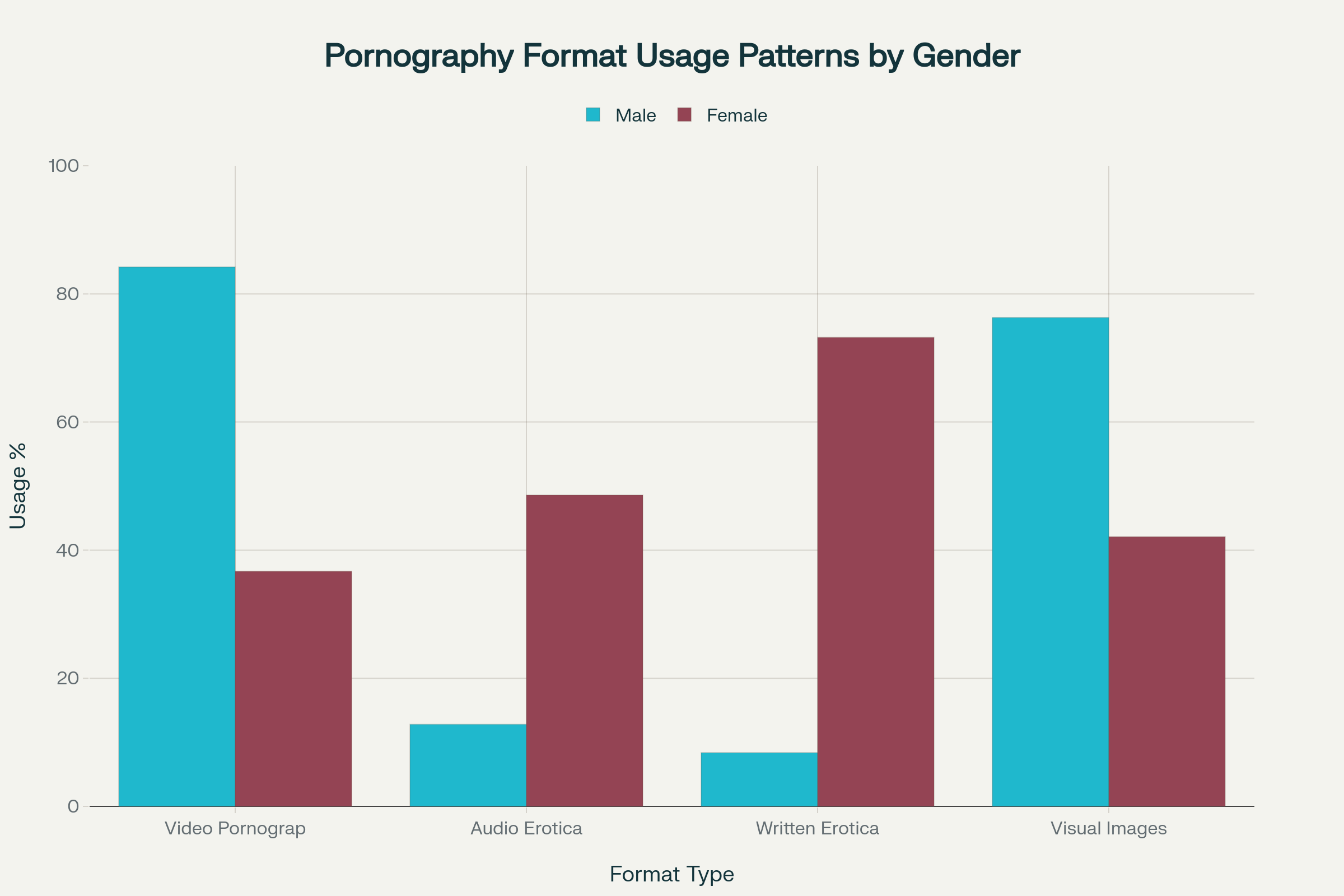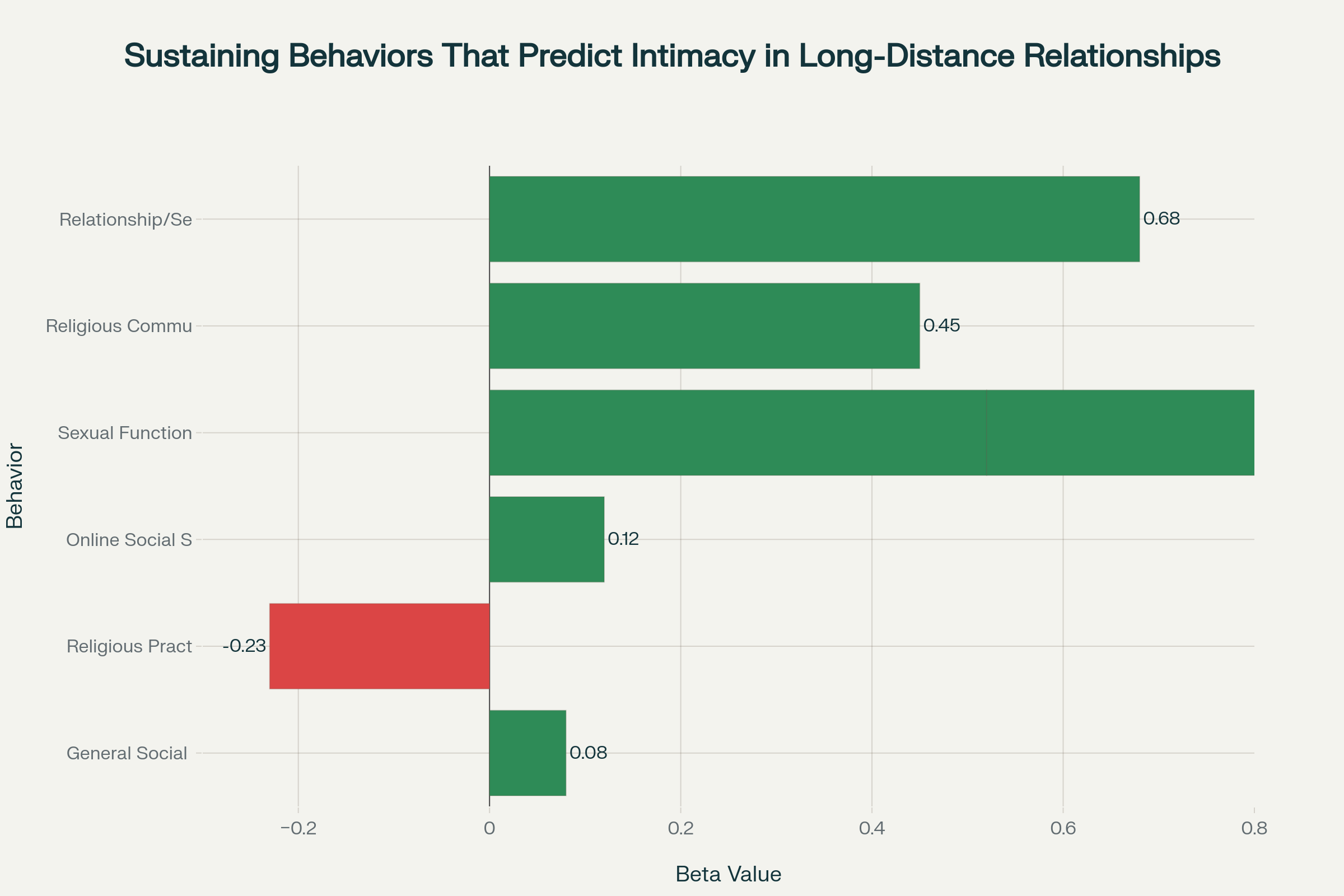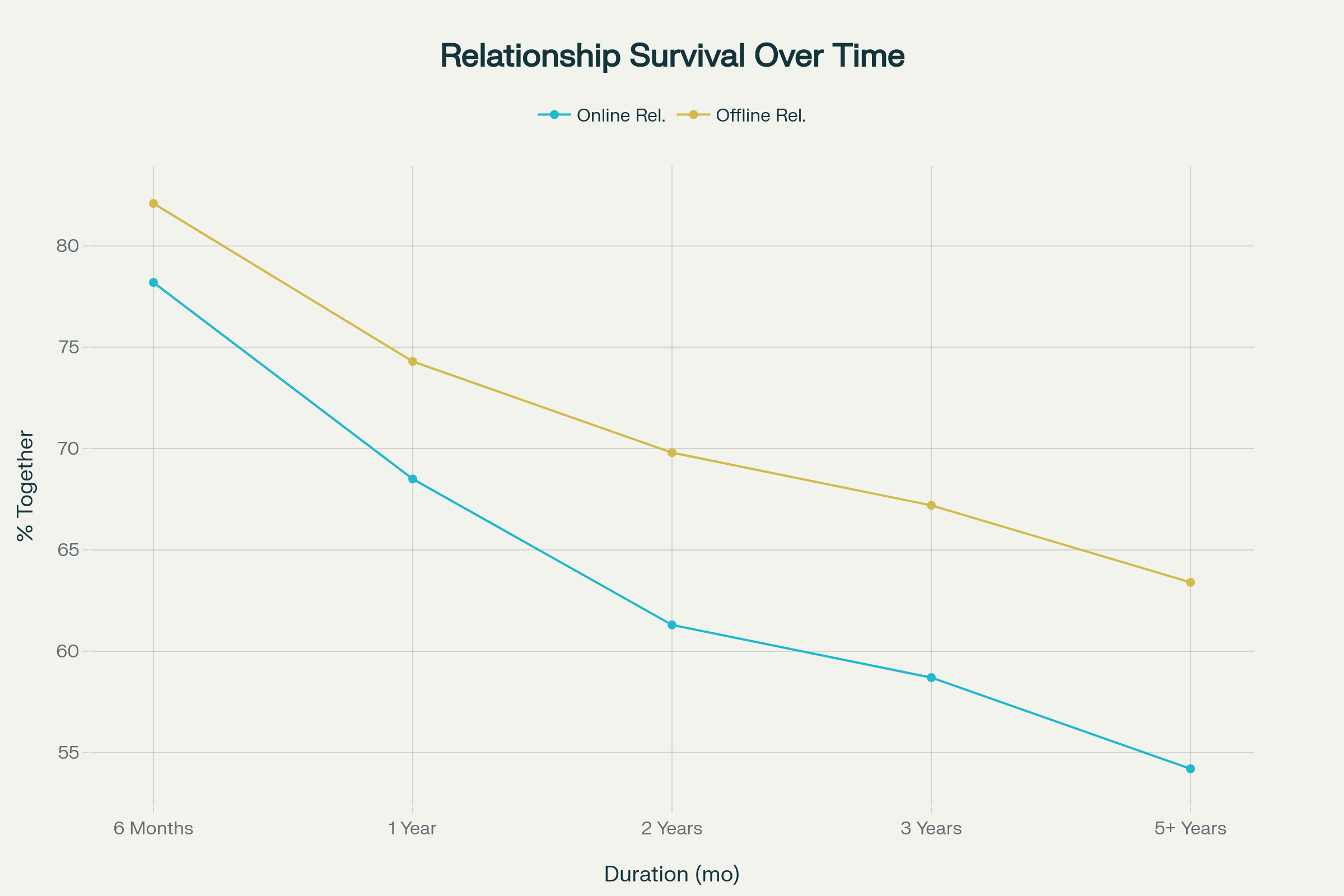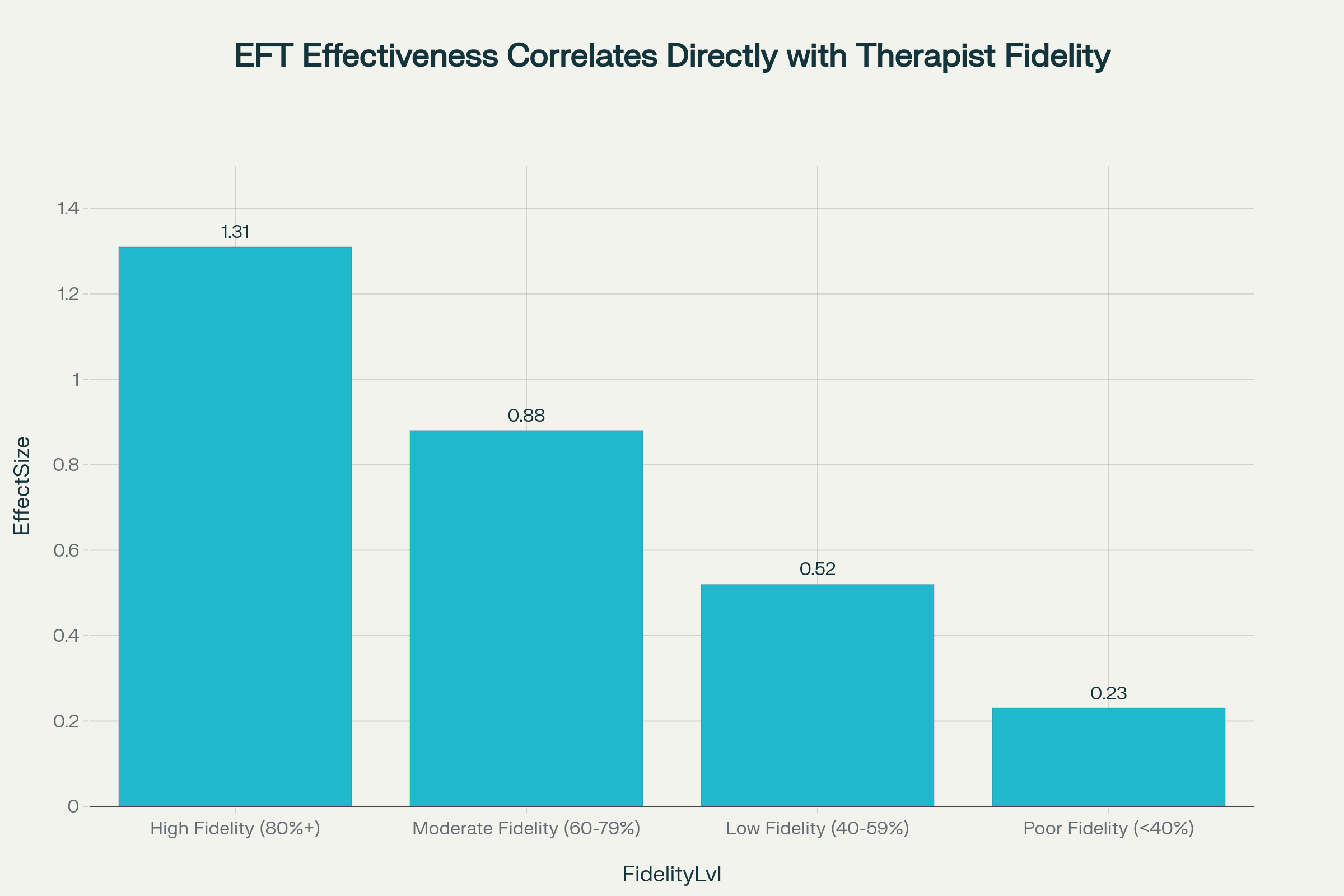Time allocation rule stating couples should spend 70% of their time together and 30% apart. Claims to be the ""perfect ratio"" for healthy relationships according to psychologists, allowing substantial quality time together while maintaining individual identity and independence.
The 70% together covers quality time, daily activities, and shared experiences. The 30% apart allows for individual hobbies, friendships, self-care, and personal growth. Supposedly prevents both codependency (too much togetherness) and disconnection (too much separation).
Weak evidence for specific ratio, strong support for balance principle: No studies validate the exact 70/30 split, but research supports time balance concepts.
What research shows:
- Time spent together positively correlates with relationship satisfaction and connection
- Couples report greater happiness and less stress when with spouses vs. apart
- Quality matters more than quantity - engaged, positive interaction time is key
- Individual time maintains personal identity and can increase appreciation for partner
Research gaps:
- No studies testing optimal time ratios or validating 70/30 specifically
- Most sources claiming ""psychologists say"" lack citations to actual research
- Individual couple needs vary significantly based on personality, life stage, work demands
Real relationship time data:
- Parents spend significantly less time together than non-parents
- Dual-earner couples have different time patterns than traditional arrangements
- Older couples (60s-70s) spend more time together than younger couples
: The principle of balancing together/apart time is sound, but the specific 70/30 ratio appears arbitrary and unsupported by research.
Instructions
Focus on balance, not exact ratios: Ensure substantial quality time together while maintaining individual space for personal growth.
Quality over quantity: Prioritize engaged, positive interactions during time together rather than just physical presence.
Individual variation: Adapt ratio based on your relationship needs, life stage, work demands, and personality differences.
Regular check-ins: Discuss with partner whether current time balance feels right for both of you.






